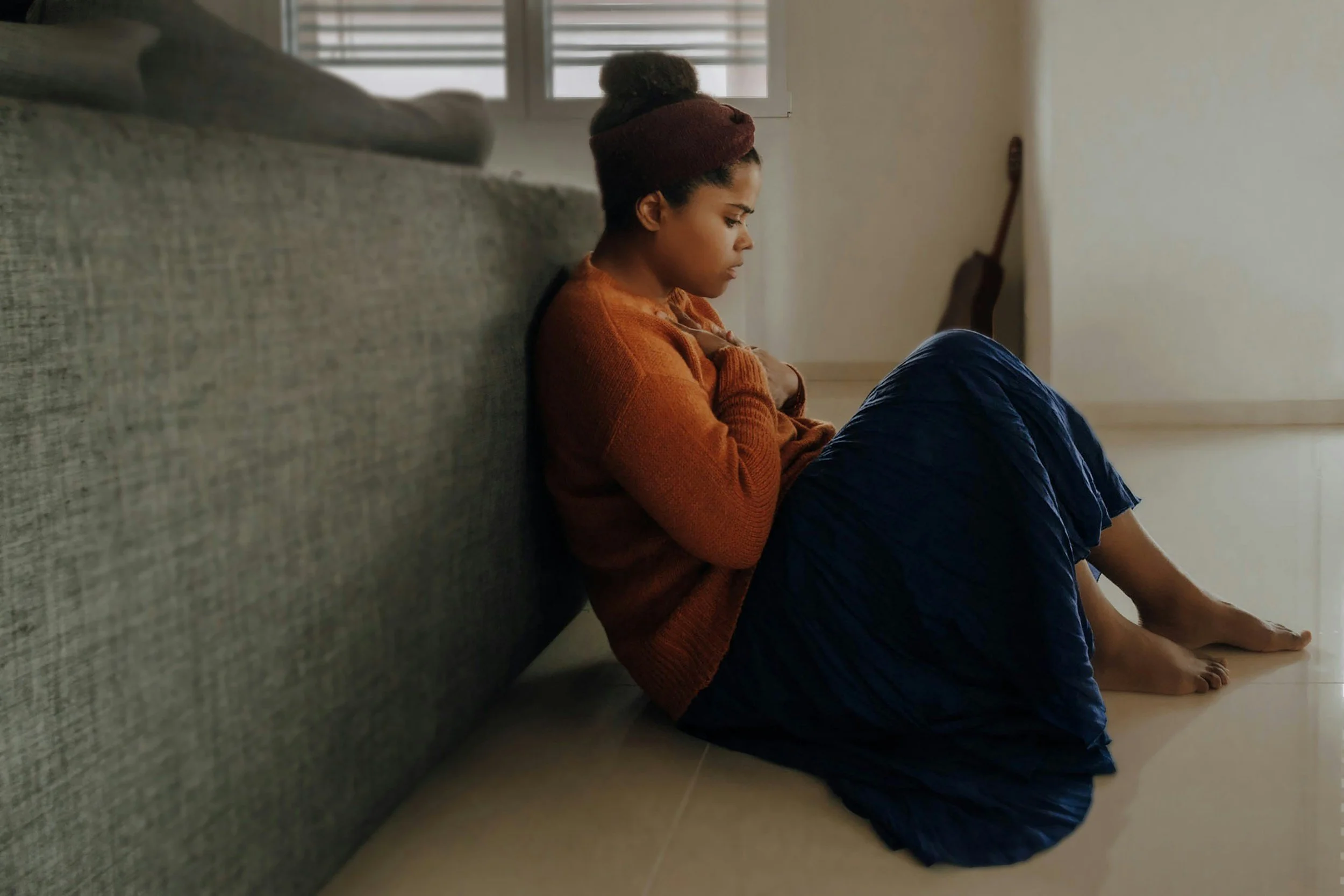Understanding Anxiety Disorder
One in five adults in the United States is diagnosed with anxiety disorders that have one thing in common: persistent, excessive fear or worry in situations that are not threatening.
In the early days of human development, feelings of worry, fear, and dread were useful, triggering fight-or-flight impulses and motivating individuals to prepare to protect themselves in a perilous prehistoric world. Those normal responses to stress are called anxiety. When those reactions become difficult or impossible to control, they become an anxiety disorder.
Different factors combine to cause anxiety disorders. A stressful or traumatic event, such as abuse, the death of a loved one, violence, or prolonged illness, can lead to the development of an anxiety disorder. Some families have a higher-than-average amount of anxiety disorders among relatives.
Anxiety disorders can occur along with other mental health conditions, and they can often make related conditions worse. They can also be aggravated by some physical health conditions, such as thyroid problems or heart arrhythmia.
Symptoms
People with an anxiety disorder typically experience one or more of the following symptoms for an extended period of time:
Emotional symptoms:
Feelings of apprehension or dread
Feeling tense or jumpy
Restlessness or irritability
Anticipating the worst and being watchful for signs of danger
Physical symptoms:
Pounding or racing heart and shortness of breath
Sweating, tremors, and twitches
Headaches, fatigue, and insomnia
Upset stomach, frequent urination, or diarrhea
What should I do?
See your doctor or any healthcare provider. Physical symptoms of an anxiety disorder can be easily confused with other medical conditions, like heart disease or hyperthyroidism. Therefore, a doctor will likely perform an evaluation involving a physical examination, an interview, and lab tests. After ruling out an underlying physical illness, a doctor may refer you to a mental health professional for evaluation.
Self help
Anxiety disorders can impact even the smallest details of life. It’s important to get help and learn how to remain resilient during difficult times.
Know your triggers and stressors. If you’re nervous around large groups, go to a park and sit on an out-of-the-way bench. If taking a walk outdoors reduces anxiety, schedule a 10-minute walk before the next big meeting.
Get healthy. Studies have shown that 30 minutes of vigorous exercise can reduce many symptoms, while low-key activities like meditation, yoga, or Tai Chi relieve stress. Diet is also an important factor, so try to eat healthy, balanced meals and pay attention to food sensitivities.
· Avoid drugs and alcohol. These substances may seem to help with anxiety at first, but can disrupt emotional balance and sleep cycles and interact with medications. Coffee, energy drinks, and nicotine products can also increase anxiety. Even simple vitamins can interact with medication. Not sure? Check with your healthcare provider.
NOTE: If prescribed antidepressants and/or benzodiazepines, do not stop taking these medicines without help from a healthcare provider. Stopping them abruptly can cause unpleasant and possibly dangerous withdrawal symptoms. Providers can help slowly and safely decrease dosages when necessary.
Share this blog!


